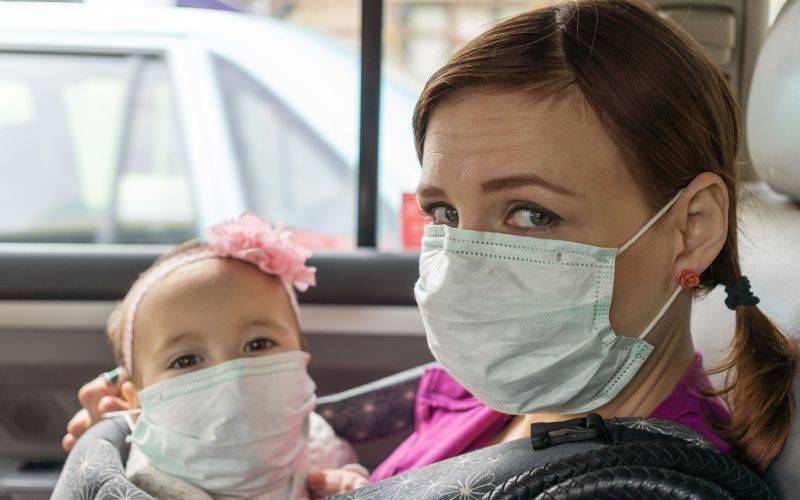This research aims to gain a better understanding of the complexity of daily life during the COVID-19 pandemic.

The project will investigate the challenges experienced by families across the UK during these difficult times, as well as how they attempt to overcome them.
- Background
By focusing on families, we will explore how individuals respond to public health measures put in place, and how these are negotiated with others in the household and family.
We are also interested in across family differences – that is, how experiences of families have shaped housing and income. Given the social isolation and distancing measures in place, we will draw on innovative digital technologies, using the qualitative data collection app Indeemo.
- Aims
Our three main study aims are:
- To understand the impact of the current COVID-19 pandemic on family life and intimate relations in the UK and to learn how families are living together in this critical moment.
- To uncover the variety of social challenges faced by households across material, occupational and economic differences.
- To illuminate how families are following public health guidance over an extended time period, in relation to social distancing measures, and explore how families understand these measures and discuss them within the household
Ultimately, we aim to inform policy and local responses to COVID-19 as it progresses, as well as planning for a potential future pandemic.
- Methodology
We are conducting a mixed-methods longitudinal cross- and within-country comparative study. Our focus is on meanings, experiences and practices, with an overall exploratory aim. Our study has 3 Phases:
Phase 1
We will conduct an ongoing literature review focusing particularly on family life and intimacy in challenging times
Phase 2
We will recruit up to 60 households in the UK across a range of variables (including socio-economic class, gender and generation). Each member of the family (12 years and above) will participate in our multimodal diary activity (using an innovative online app Indeemo), over a period of one year. Given the issues with person-to-person transmission, all of our data collection will be conducted virtually/online.
Phase 3
Towards the end of the project, participants will take part in an interview online.
- Research questions
This project aims to answer the following research questions:
- What kind of challenges do families experience while attempting to adhere to the public health measures put in place?How do they overcome them, and with what outcomes?
- How well do individuals understand the measures? In what ways do they interpret them?
- How are everyday household routines and practicalities, such as the accomplishment of paid and unpaid work, schooling/childcare, and food acquisition, affected by the pandemic?
- How are these responses and experiences shaped by households’ access to material and other resources, such as forms of social capital?
- What intra-household differences are there – i.e. how does position within a family or household (age, generation, and gender) shape experiences?
- Have participants’ understandings of family and intimate life changed over the course of the year, and if so, how?
- What differences and similarities can be identified across different country contexts?
- Project team
Principal Investigator
Co-Investigators
- I-CoFACT: International Consortium on COVID-19 Family and Community Transitions
FACT-Covid (Family and Community Transitions Under Covid) is part of a larger international network I-CoFACT (International Consortium on COVID-19 Family and Community Transitions) led by University College London.
Across the country case studies, the intention is to investigate the challenges experienced by families during these difficult times, as well as how they attempt to overcome them. The comparison will allow us better to understand the role of local policies and cultural meanings and practices that shape individuals’ responses to, and experiences of the pandemic.
International partners
- USA, led from UCLA
- Argentina, led from NYU
- Chile, led from Universidad de Santiago
- South Africa, led from University of Johannesburg
- Sweden, led from Boras University
- Taiwan, led from National Taipei University and Keele University
- Pakistan, led from the Collective for Social Science Research
- Singapore led from the National University of Singapore
 Close
Close


